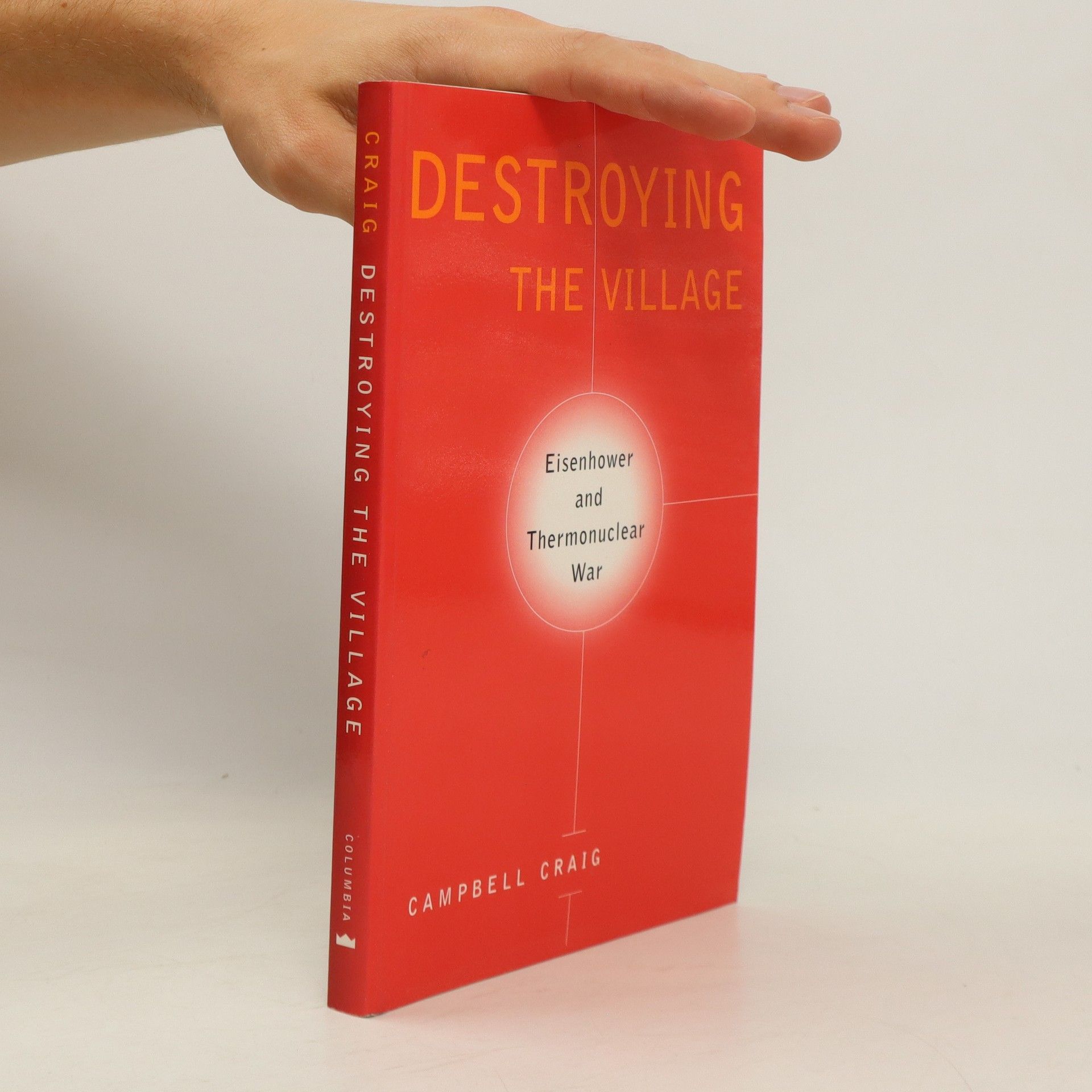This book moves beyond the focus on economic considerations that was central to the work of New Left historians, examining the many other forces-domestic politics, bureaucratic inertia, quirks of personality, and perceptions of Soviet intentions-that influenced key decision makers in Washington. schovat popis
Columbia Studies in Contemporary American History Serie
Esta serie profundiza en los intrincados eventos y los profundos cambios sociales que han dado forma a la América moderna. Cada volumen ofrece un examen meticulosamente investigado de épocas cruciales, luchas políticas y revoluciones culturales. Proporciona a los lectores una comprensión integral de la vida estadounidense y su continua evolución en el pasado reciente. Es una lectura esencial para aquellos interesados en la política, la sociología y la identidad estadounidense.


Orden recomendado de lectura
In the early days of the Cold War, thermonuclear conflict was everywhere an imminent threat. With the realization that mutual destruction was the likely result of a nuclear war, US policy makers were forced to articulate a coherent stance on what they would do if the United States went to war with the USSR. The paradox of defeat or mutual annihilation was one that plagued American policy makers and scholars, whatever their stated position.